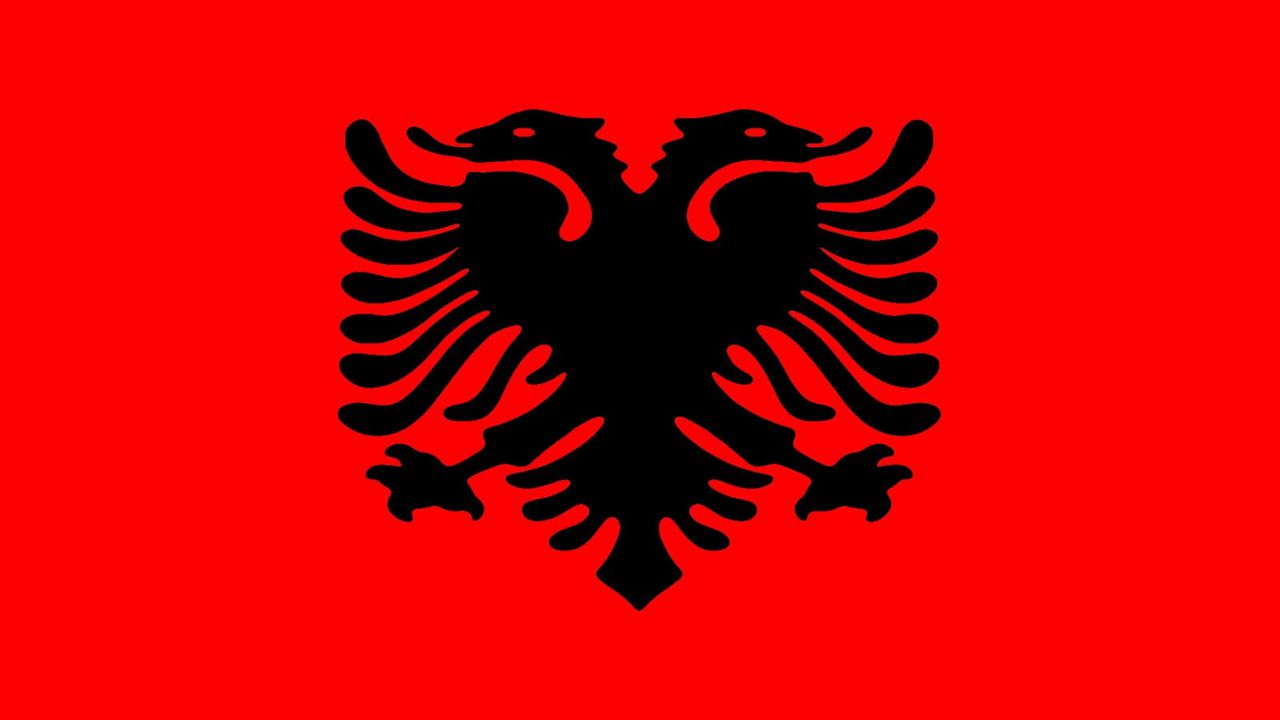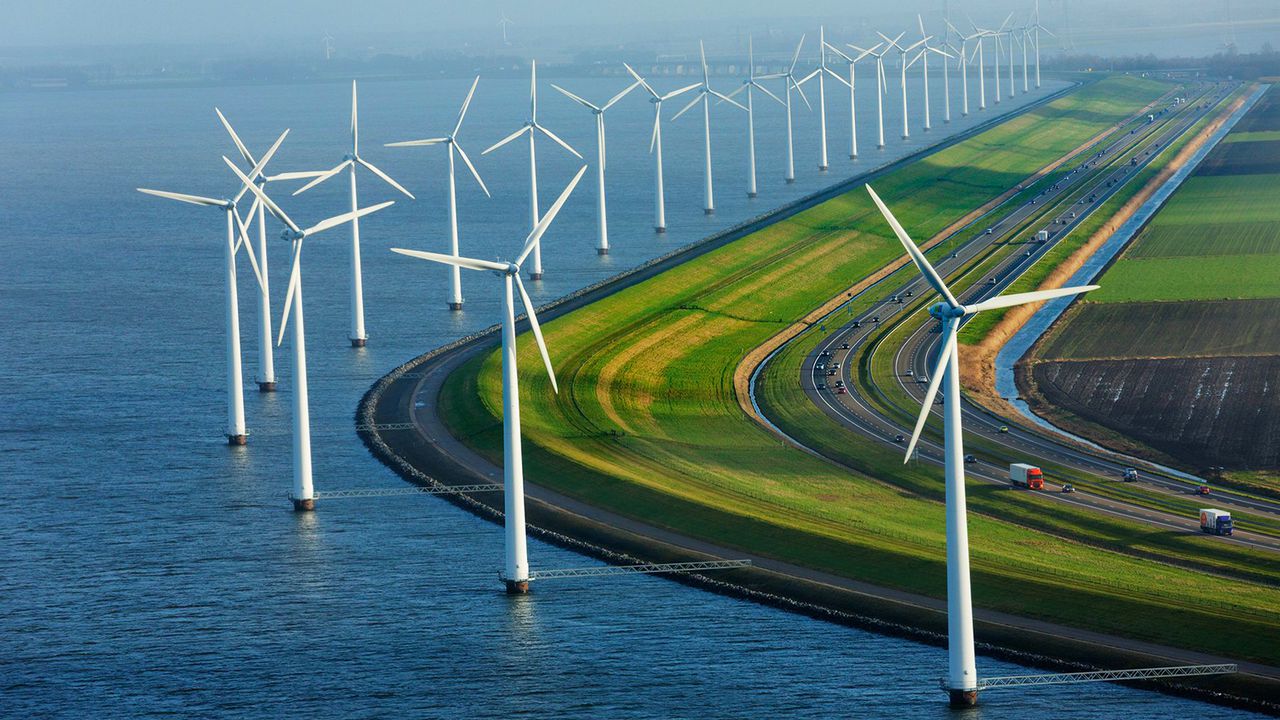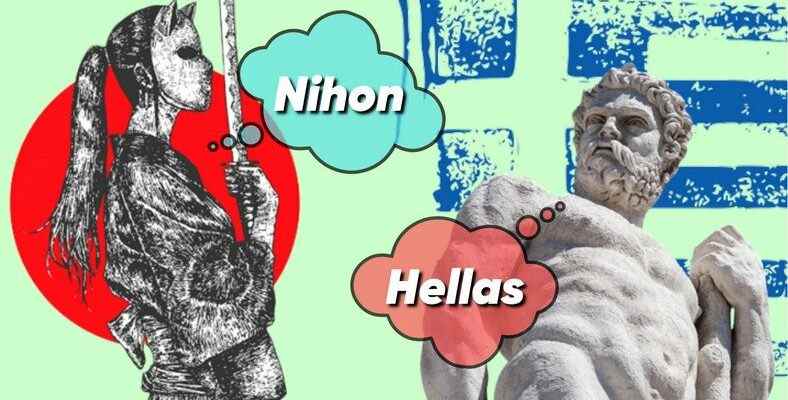We are somewhat familiar with the names of almost all of the countries we will talk about, whether they are in English or in Turkish. But these countries define themselves by different names, contrary to their world-known names.
For example, the Japanese themselves “Nihon”Finns “Suomi”Indians “Bharat”, Albanians return to their country “Shqiperia” they say.
All of them they have their own reasons. Why do they have these differences, let’s see together.
Indians call their country ‘Bharat’.
given by the Indians to their country “Lovingly Remembered” meaning Bharat name, one of the ancient legendary kings King BharataThey come from , and they use this name because they consider themselves descendants of it. This is where the origin of the name of the spice we use to add scents and flavors to dishes comes from.
Hungarians to their country Magyarorszag (Magyar: Hungarian; orszag: country) so “Land of the Hungarians” says.
A few countries, including us, use names with this meaning in their own languages. If the rest of the world “State of the Huns” meaning “English – Hungary” “Portuguese – hungria” “French – hongrieIt uses variations such as ” etc.
Finland’s official name is “Suomi”. themselves too “Suom” they say.
Suo word in Finnish “swamp”if the word maa “country” means. well “land of swamps” means.
Albanians to their country “Shqiperia” they say.

This name is in their language ‘Eagle Land’ means. That’s why there is a double-headed black eagle on the Albanian flag.
Norwegians to their country “Norge” they say.
The word “Norge”, which was the password of sailors at the time, is in this language. “North! Farther north! Always north!” has meanings.
The name of the country we call the Netherlands in its own language, “low/lower realms” meaning “Nederland”.

They use it because the altitude of the country is below zero. The so-called Netherlands are two of the country’s 12 provinces (North and South Holland). 16th to 18th century richest and most powerful regions they were here. The wealthy merchants, diplomats, and scientists who spread throughout the world were mostly from this region. The whole world is here in the Netherlands, and to those who come from here Dutch he started to say.
The Greeks called their country “Hellas” in their own language, as they thought they were representatives of the Hellenic race. they say.
The rest of the world is Greek because they think they are from their race Greece and their variations. Ours Greece The reason why we say this is that eastern societies generally Ionian This is due to the fact that they use names similar to Ionhan. In time “Hellenic”The word that evolved into a has passed into our language from Persian.
Austrians to their country “Osterreich” they say.
in german “Oster” word “East”, “Reich” if “kingdom, state” it means. So the name of Austria “Eastern Kingdom” means.
RELATED NEWS
Why Are the Names of Austria and Australia So Similar?
Thais in local language ‘Land of the Free People’ meaning “Prathet Thai” they use the name.
The Japanese call themselves the Kanji alphabet they got from China. “The country where the sun rises” meaning “Nihon” says.
Since China is a large geography, in some regions the characters The pronunciations are also different. Two-character word in the northern region of China “net score”in the southern region “jet pan” is pronounced as. In the past, the British found information about Japan in the south of China. from the malays was taking. The Malays, on the other hand, were influenced by this society from the southern region of China. “jetpang” they said. That’s why the British “japanese” they prefer to say.
in Turkish and other languages Greenland name used for “green lands” means.
But the people of the island, Turkish “People’s Land” can be translated as “Kalaallit Nunaat” he’s using his name.
Which of these names did you find interesting? We look forward to your views in the comments.
Source: Wikipedia 1 2 3 4 5, European Countries
